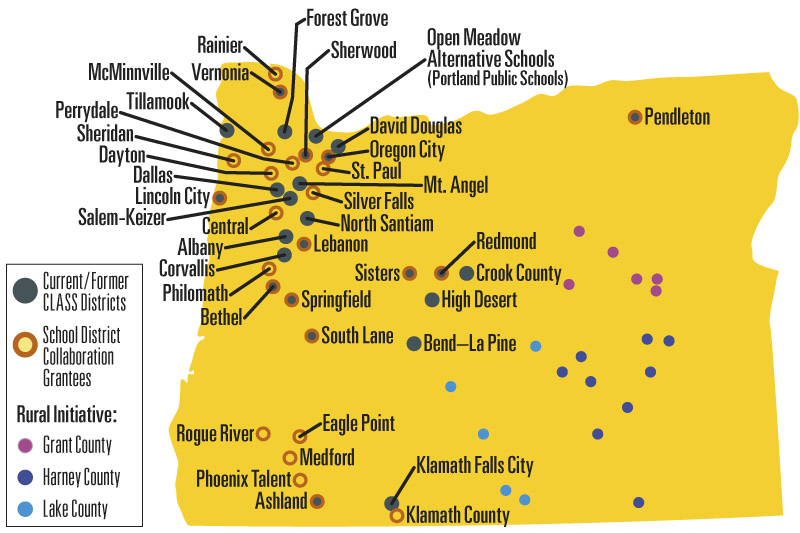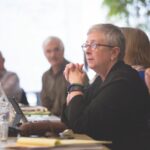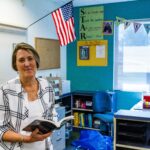BY JON SHADEL
How six leading foundations are working together for a better Oregon.
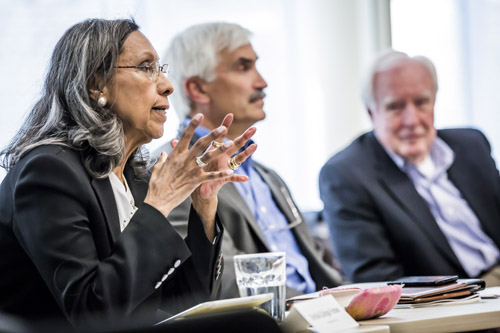
How six leading foundations are working together for a better Oregon.
BY JON SHADEL | PHOTOS BY AARON ROGOSIN
In 2003, Oregon’s leading foundations did the unexpected. Convinced they could maximize their social impact if they found a way to work together, five foundations (joined later by a sixth) pooled resources to form Foundations for a Better Oregon (FBO), a collaboratively-funded public charity focused on facilitating strategic discussions in the state’s philanthropic community, improving public engagement and addressing key social issues.
{pullquote}Governor John Kitzhaber: Ten years later, I’m really impressed with the realized potential of Foundations for a Better Oregon. Its first initiative, Chalkboard Project, emerged as a powerful change agent for education improvement in our state. Through powerful collaboration, we continue to move legislation that reshapes our statewide education system to better serve our state’s most valuable asset: kids.{/pullquote}
The first joint initiative targeted K-12 education with the Chalkboard Project, a nonpartisan nonprofit dedicated to uniting Oregonians around education reform. Sue Hildick, president of FBO and Chalkboard Project, explains that FBO’s goal is to “find an intersection between research and what Oregonians value and believe.”
“We didn’t see Oregon’s system of education strengthening, and we wanted to help in a more systemic way,” explains Hildick. “Focusing on how to create policy change and leverage the leadership of educators in the field has been really successful for us.”
Since FBO founded Chalkboard in 2004, its dedication to giving a voice to key stakeholders has been central to the project’s success. Hildick points to their flagship program, the CLASS Project (Creative Leadership Achieves Student Success), as an example. CLASS works with school districts across the state, focusing on educator effectiveness to increase student achievement. By providing leadership development, improved compensation models, effective performance evaluations and mentoring opportunities, CLASS puts educator quality at the center of the discussion around reform.
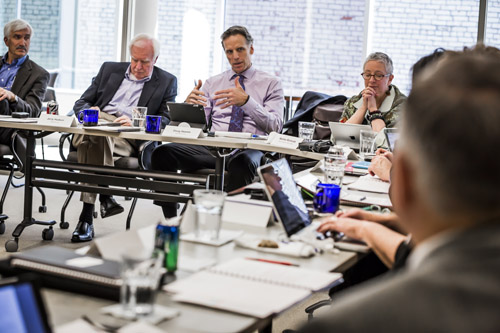 “We saw that the profession often wasn’t at the table in key policy conversations,” Hildick explains. “We’ve brought those on the frontlines into the room and have given them a voice.” This has resulted in increased student performance across the state—about 40% of Oregon’s schoolchildren are in CLASS districts, where students are moving to proficiency in state tests faster than the rest of the state. Additionally, some of the reforms embodied in the CLASS Project have been codified into state law.
“We saw that the profession often wasn’t at the table in key policy conversations,” Hildick explains. “We’ve brought those on the frontlines into the room and have given them a voice.” This has resulted in increased student performance across the state—about 40% of Oregon’s schoolchildren are in CLASS districts, where students are moving to proficiency in state tests faster than the rest of the state. Additionally, some of the reforms embodied in the CLASS Project have been codified into state law.
What’s next on the FBO agenda? Hildick suggests it will likely be economic vitality. “Everything we do going forward will always come back to education, since education and the economy are so closely linked. It would be very natural for us to move in that direction.”
The charitable sector is characterized by limited, short-term collaboration, and it is rare to see leading foundations working together to fund open-ended initiatives like Chalkboard. We asked five CEOs from the six foundations (JELD-WEN, a founding and active member of FBO, was not interviewed for this article) what prompts this level of cooperation; their responses showcase the diverse perspectives guiding the foundation and a shared commitment to leadership in addressing the state’s key public policy issues.
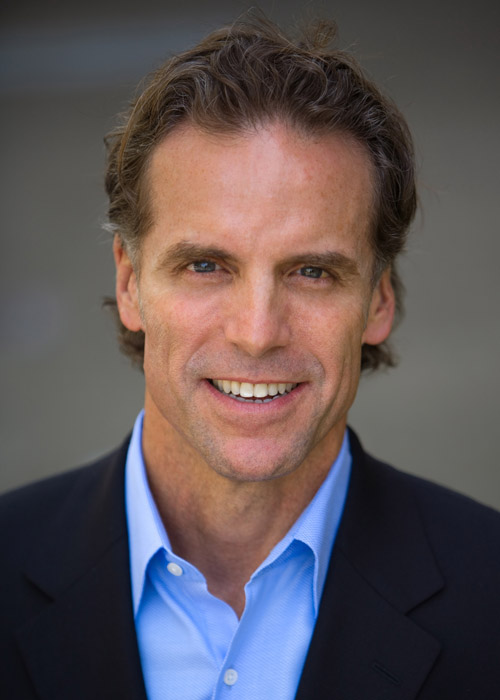 Meyer Memorial Trust: Doug Stamm, CEO
Meyer Memorial Trust: Doug Stamm, CEO
Meyer Memorial Trust is a foundation widely investing in people, ideas, and efforts that provide social benefit to all Oregonians. Stamm, a former Nike executive, emphasizes the importance of FBO as a nonpartisan voice for social reform. Remarking on the diversity of opinion represented, Stamm says, “These foundations represent a cross-section of Oregon. I know if this group can come to a conclusion about what the key factors are in K-12 education, then Oregonians across the state can as well.”
FBO — consisting of 6 foundations and 22 affiliate members—is a forward-thinking national model for collective impact, Stamm says. “We are not all like-minded. We have a mix of politics and ideologies represented,” he says. “This seems particularly relevant today, in a world where we are so gridlocked in politics, that diverse organizations are able to work together to reach consensus.”
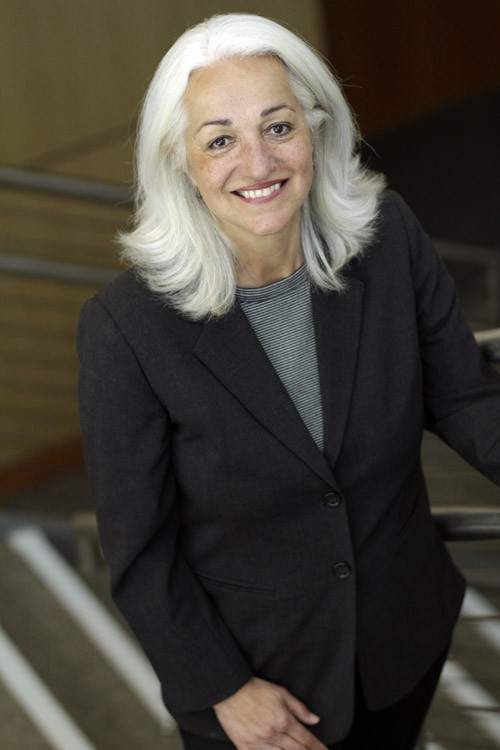 The Ford Family Foundation: Anne Kubisch, President/CEO
The Ford Family Foundation: Anne Kubisch, President/CEO
Anne Kubisch likens FOB and the Chalkboard Project to a think tank, saying, “We’re like a think-and-action tank.” Kubisch applauds FBO’s integrated approach. “You see the researchers, the doers, and advocates in action. With Chalkboard, for example, we have the ability to do research, identify a problem, test a model solution, evaluate it rigorously, and determine if it has good results. We can then give that back to the state and say, ‘This is how you improve student outcomes.’”
Founded by Kenneth Ford, founder of Roseburg Forest Products, and his wife, Hallie Ford, in 1996, the Ford Family Foundation (TFFF) focuses on rural community development and is the largest foundation in the state by asset size. The dedication to improving livability in rural communities is one reason TFFF is investing in FBO to improve education across the state. Kubisch emphasizes that complexity of education reform in Oregon requires cooperation. “There is no silver bullet. The only effective solution is coming together around key issues.”
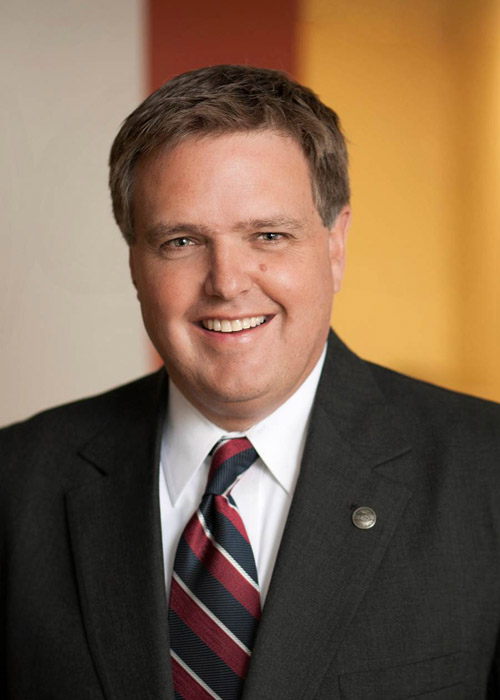 Oregon Community Foundation: Max Williams, President/CEO
Oregon Community Foundation: Max Williams, President/CEO
“The sum of our parts is greater than what we can do individually,” says Williams, He describes the formation of FBO as a “natural coming together,” emphasizing that the collaboration not only increases the collective impact in areas like education, but also benefits the daily operations of the individual foundations.
“At the broader, organizational level, I would say that our experience of being more engaged in these policy conversations — in areas like K-12 education reform — and more engaged with our foundation partners has greatly strengthened our sense of collaboration across the field,” says Williams, touting the leadership benefits of increased interaction in the philanthropic community. “FBO has created lots of additional conversations about where else we can partner and collaborate. That’s a tremendous benefit.”
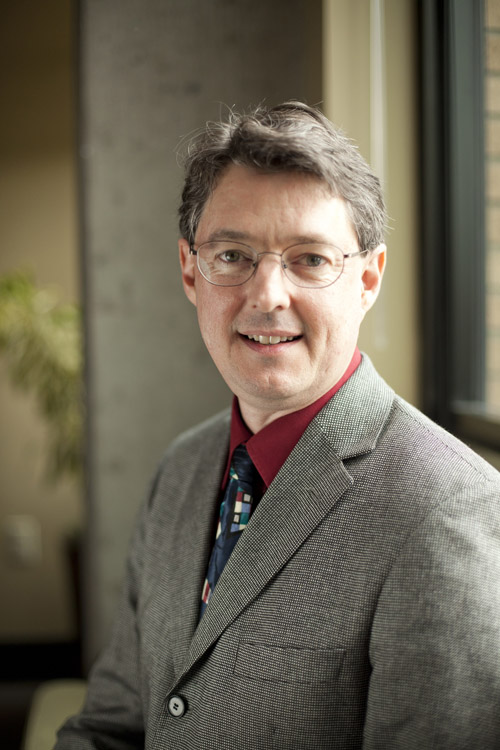 The Collins Foundation: Truman Collins, President and FBO Board Chair
The Collins Foundation: Truman Collins, President and FBO Board Chair
Truman Collins ech-oes many of the other foundation leaders in recognizing the value of cooperation. “Historically, foundations didn’t work together all that much,” he explains. “One of the real benefits of this collaboration is getting to know all of the other foundations better and see what issues we could address collectively.”
For Collins, K-12 education reform is the necessary first step towards a better Oregon — and an issue that must be addressed collectively. “I’ve learned that change is difficult, especially in education where there are so many different stakeholders,” says Collins. “The value of what we’re doing with Chalkboard is that we’re bringing together all of these stakeholders. It takes a long time, but it’s worth it since we’re making a real difference.”
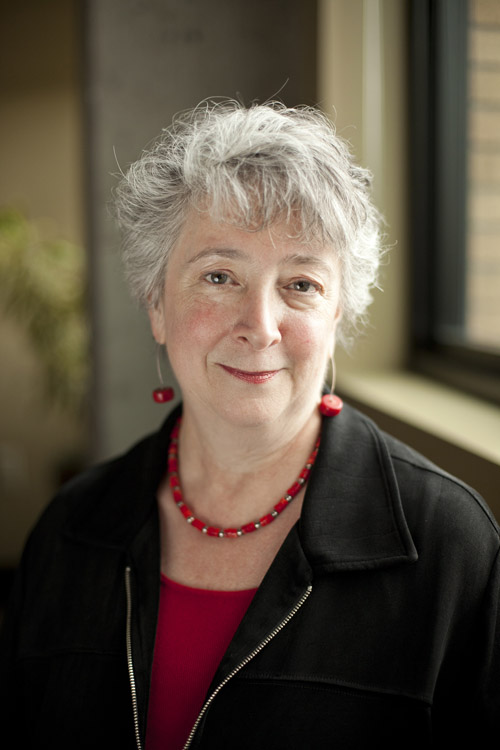 James F. and Marion L. Miller Foundation: Martha Richards, Executive Director
James F. and Marion L. Miller Foundation: Martha Richards, Executive Director
“It is unusual for foundations to acknowledge that they don’t know the answer,” says Martha Richards. While the Miller Foundation was not a founding member, they joined FBO due to their mutual interest in improving K-12 education and collaborating more closely with other organizations.
“All of the foundations were addressing symptoms of a larger problem,” she says. “We didn’t know who or what was getting at the root cause.” Richards emphasizes that FBO allows the foundations to more effectively conduct research, delegate resources, and learn from each other. “Our work with Chalkboard demonstrates what ongoing learning looks like at the foundation-level.”
Learn more about FBO and Chalkboard Project
Nearly 40% of the state’s schoolchildren are in a participating school district.
Who are the Affiliate Members?
Alongside the six leading foundations, 22 affiliate members share FBO’s mission for change:
A-dec, Leo Adler Foundation
Paul G. Allen Family Foundation
Braemar Charitable Trust
John D. Gray Designated Fund
Greenbrier Companies
Bill Healy Foundation
Jubitz Family Foundation
JFR Foundation
Maybelle Clark Macdonald Fund
Northwest Health Foundation
PGE Foundation
Robert D. and Marcia H. Randall Charitable Trust
Reser Family Foundation
Harold & Arlene Schnitzer CARE Foundation
Mr. John Shipley
Silver Family Foundation
Ann & Bill Swindells Charitable Trust
Rose E. Tucker Charitable Trust
Joseph E. Weston Public Foundation
Wheeler Foundation
Whipple Foundation Fund

